Outstanding Teaching Assistant – Katie Labgold
Category : #WeAreEmoryEPI
Katie Labgold is a 2nd year Epi PhD student with Dr. Michael Kramer and was this year’s winner of the 2nd Annual Epidemiology Program Outstanding Teaching Assistant Award! Over half of the students in Katie’s lab section of Epi 591U (Applications of Epi Concepts) took the time to write about their appreciation for her efforts as their TA and to explain why she is deserving of this award. Her name will be added to a plaque that will be hung in the Epidemiology Department, and each year a new name will be added.
We sat down with Katie this week to chat about her experience at Rollins:
Q: What are your research interests?
A: I’m interested in all things social, spatial, and reproductive epi! My current research interests include the application of epidemiological theory and methods to explore the socio-political determinants of family planning access and reproductive health outcomes. I am an incoming doctoral fellow with the Center for Reproductive Health Research in the Southeast (RISE) at Emory.
Q: What is it like to be a Teaching Assistant?
A: One of the best aspects of TAing 591U is that it is a two-way learning experience. I had a great set of students who were very engaged during our lab section. This allowed us to work through the concepts they found challenging, and in the process I gained a deeper understanding of the material. I think these concepts are critical to becoming a better epidemiologist (we didn’t have this class in my program), so it was a great experience to help facilitate our Emory epi students’ engagement with these topics.
Q: Are you going to TA again anytime soon?
I’ll be TAing spatial epidemiology with Michael in the fall, and I am very excited to TA this course for so many reasons, I don’t think I can list them all here! An exciting aspect of this course is the combination of spatial epidemiology thinking/theory with hands-on analysis in R – I’m getting excited just thinking about it!
…
Katie studied Archaeology and Chemistry during her undergrad at the University of Virginia, followed by an MPH in Population Health Research at UVa.
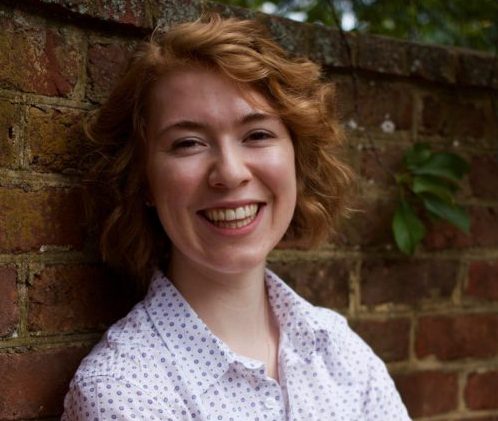
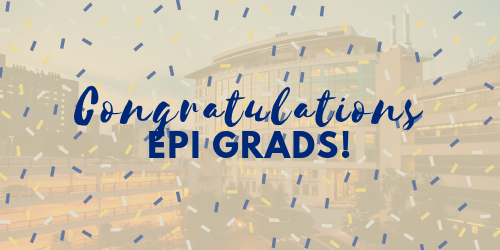
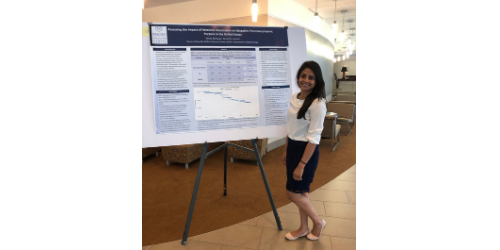

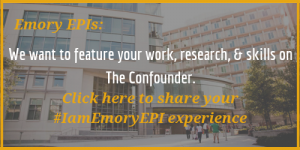
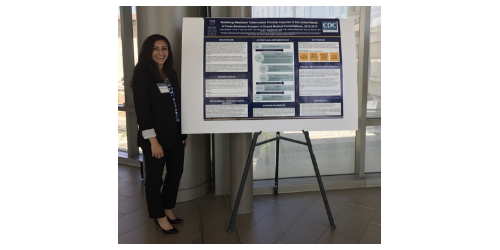

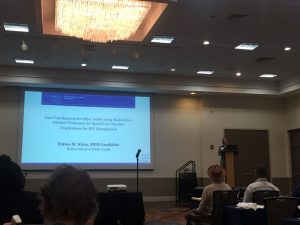
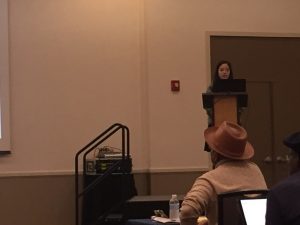
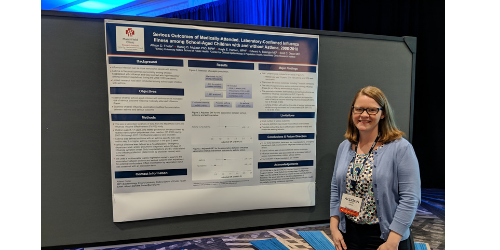

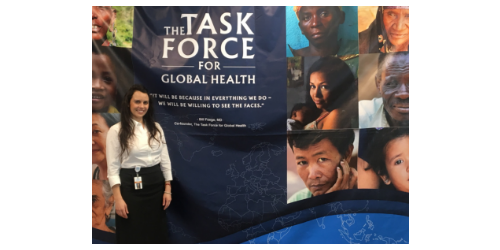

Recent Comments